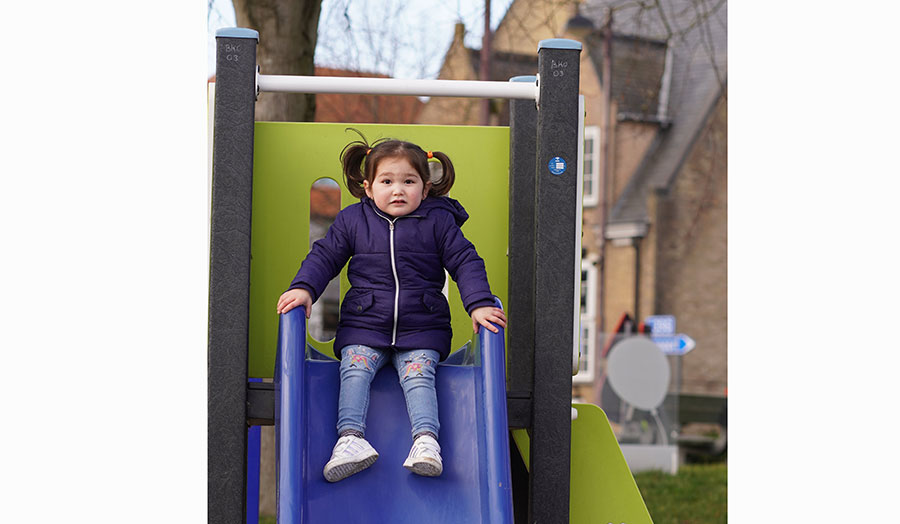Since August 2021, when the Taliban took over Kabul, the British Government has evacuated over 22,000 vulnerable and at-risk Afghans to the UK.
The Afghan resettlement schemes are currently under increased scrutiny, in part because of procedural concerns and safeguarding issues for women and children in crowded accommodation.
The Chief Inspector of Borders, the Women and Equalities committee, and Local Government Association have made calls for independent evidence to inform implementation.
Local Authorities, who have responsibility for resettlement, have warned that combined pressure from the schemes is leading to unsustainable pressures on housing, potential homelessness, and children’s services teams.
About the project
This project will gather evidence of experiences and outcomes of the resettlement schemes, enabling the assessment of:
- how the schemes are working
- how experiences vary regionally
- how experiences vary by characteristics, especially gender, age, and ethnicity.
How the research will be carried out
The research will be completed in four phases:
- Conducting a scoping review of data from the Home Office and Strategic Migration Partnerships, grey literature, and data from national and local NGOs to provide a picture of the implementation of the Afghan resettlement schemes.
- Surveying Afghans in five locations to investigate experiences and outcomes, especially in employment, income, and housing. This will also describe inequalities in experience according to region and by characteristics.
- Interviewing women and young people to explore how the most vulnerable experience schemes and embed in their new environments, utilising participatory approaches of walking interviews and Photovoice.
- Synthesising all quantitative and qualitative evidence to identify implications for policy and practice.
How it will make a difference
- Home Office policy makers, select committees, and parliamentarians will be engaged through briefings, workshops, and roundtables.
- Findings from the project will enable national government, Strategic Migration Partnerships, Local Authorities, and NGOs to assess how resettlement schemes are working and how experiences vary regionally and by different populations.
- The project team will work with Refugee NGOs and the All-Party Parliamentary Group on Afghanistan and Afghan Women and Children.

Image credit: Shigofa Hussaini via Pexels
- Dates: January 2024 - June 2025
- Funding: £268,792.00
Funded by Nuffield Foundation
More information
Since August 2021, when the Taliban took over Kabul, the British Government has evacuated over 22,000 vulnerable and at-risk Afghans to the UK.
The Afghan resettlement schemes are currently under increased scrutiny, in part because of procedural concerns and safeguarding issues for women and children in crowded accommodation.
The Chief Inspector of Borders, the Women and Equalities committee, and Local Government Association have made calls for independent evidence to inform implementation.
Local Authorities, who have responsibility for resettlement, have warned that combined pressure from the schemes is leading to unsustainable pressures on housing, potential homelessness, and children’s services teams.
This project will gather evidence of experiences and outcomes of the resettlement schemes, enabling the assessment of:
- how the schemes are working
- how experiences vary regionally
- how experiences vary by characteristics, especially gender, age, and ethnicity.
The research will be completed in four phases:
- Conducting a scoping review of data from the Home Office and Strategic Migration Partnerships, grey literature and data from national and local NGOs to provide a picture of the implementation of the Afghan resettlement schemes.
- Surveying Afghans in five locations to investigate experiences and outcomes, especially in employment, income and housing. This will also describe inequalities in experience according to region and by characteristics.
- Interviewing women and young people to explore how the most vulnerable experience schemes and embed in their new environments, utilising participatory approaches of walking interviews and Photovoice.
- Synthesising all quantitative and qualitive evidence to identify implications for policy and practice.
- Home Office policy makers, select committees and parliamentarians will be engaged through briefings, workshops and roundtables.
- Findings from the project will enable national government, Strategic Migration Partnerships, local authorities and non-governmental organisations (NGOs) to assess how resettlement schemes are working and how experiences vary regionally and by different populations.
- The project team will work with Refugee NGOs and the All-Party Parliamentary Group on Afghanistan and Afghan Women and Children.


.jpg)
.jpg)
